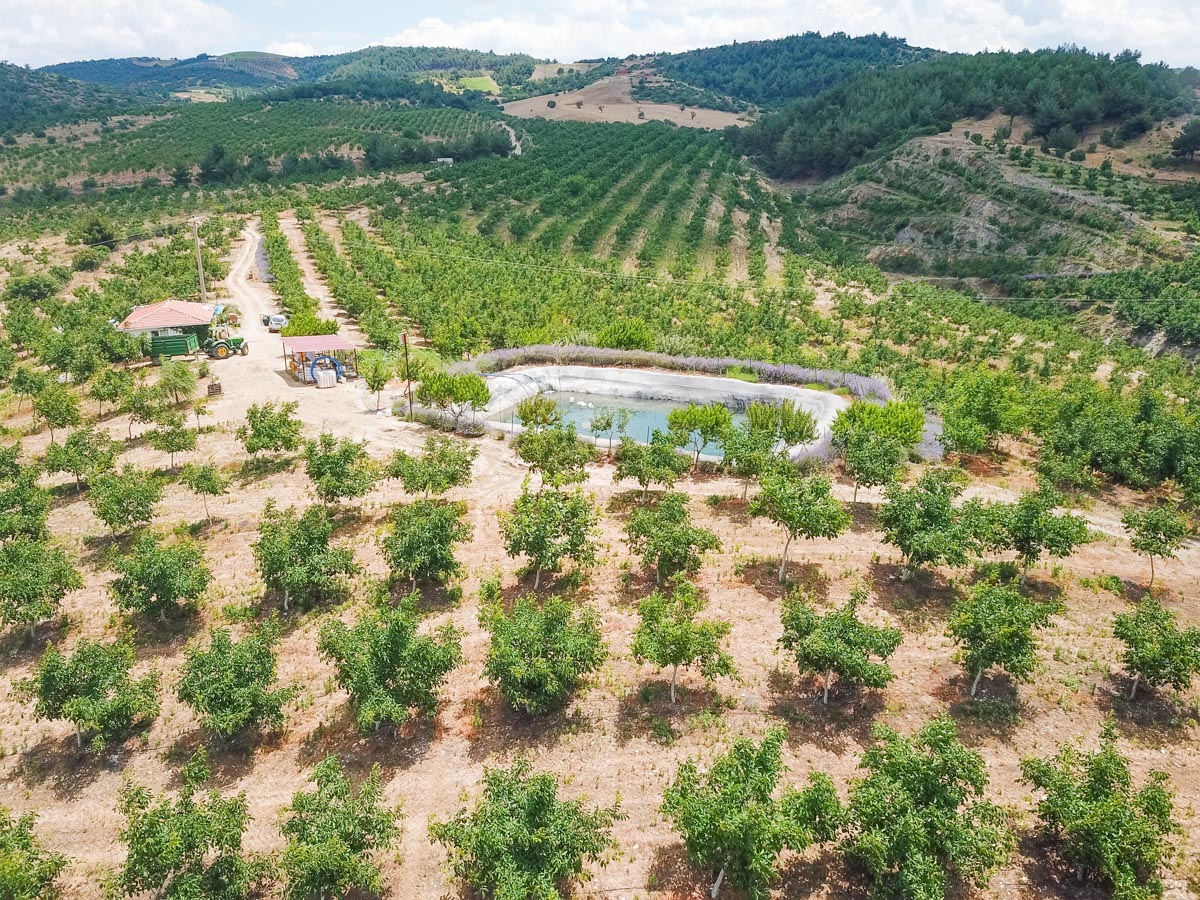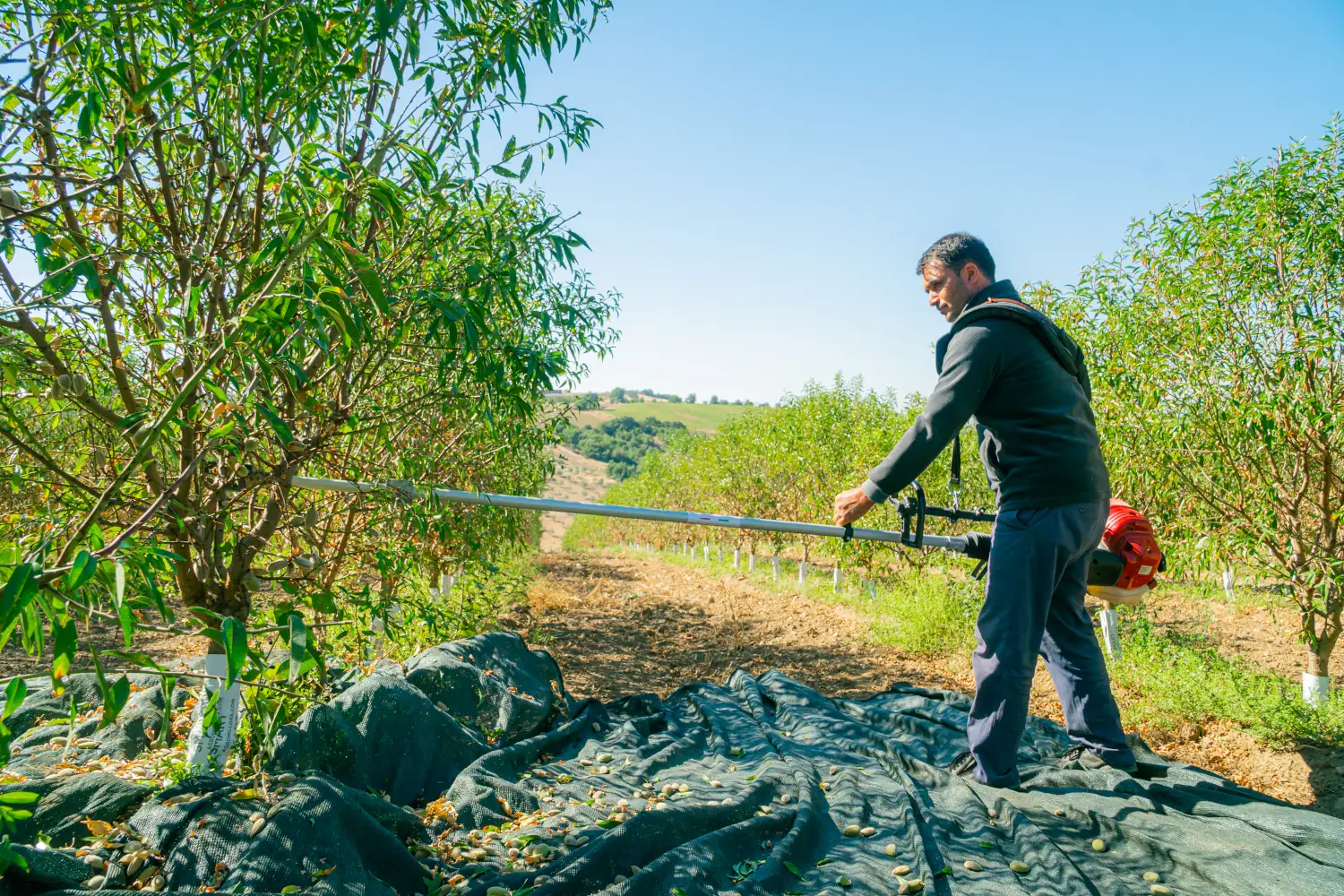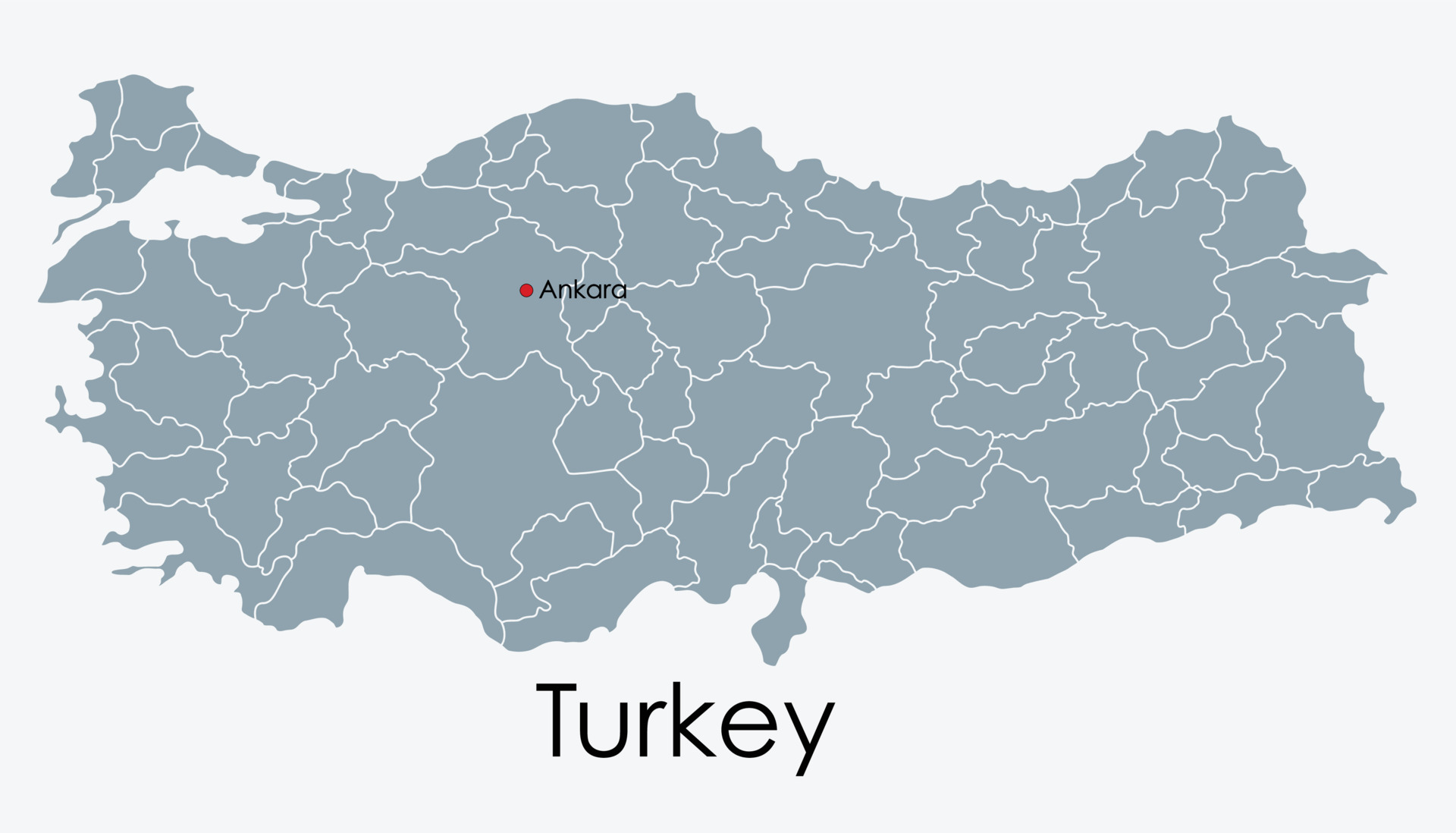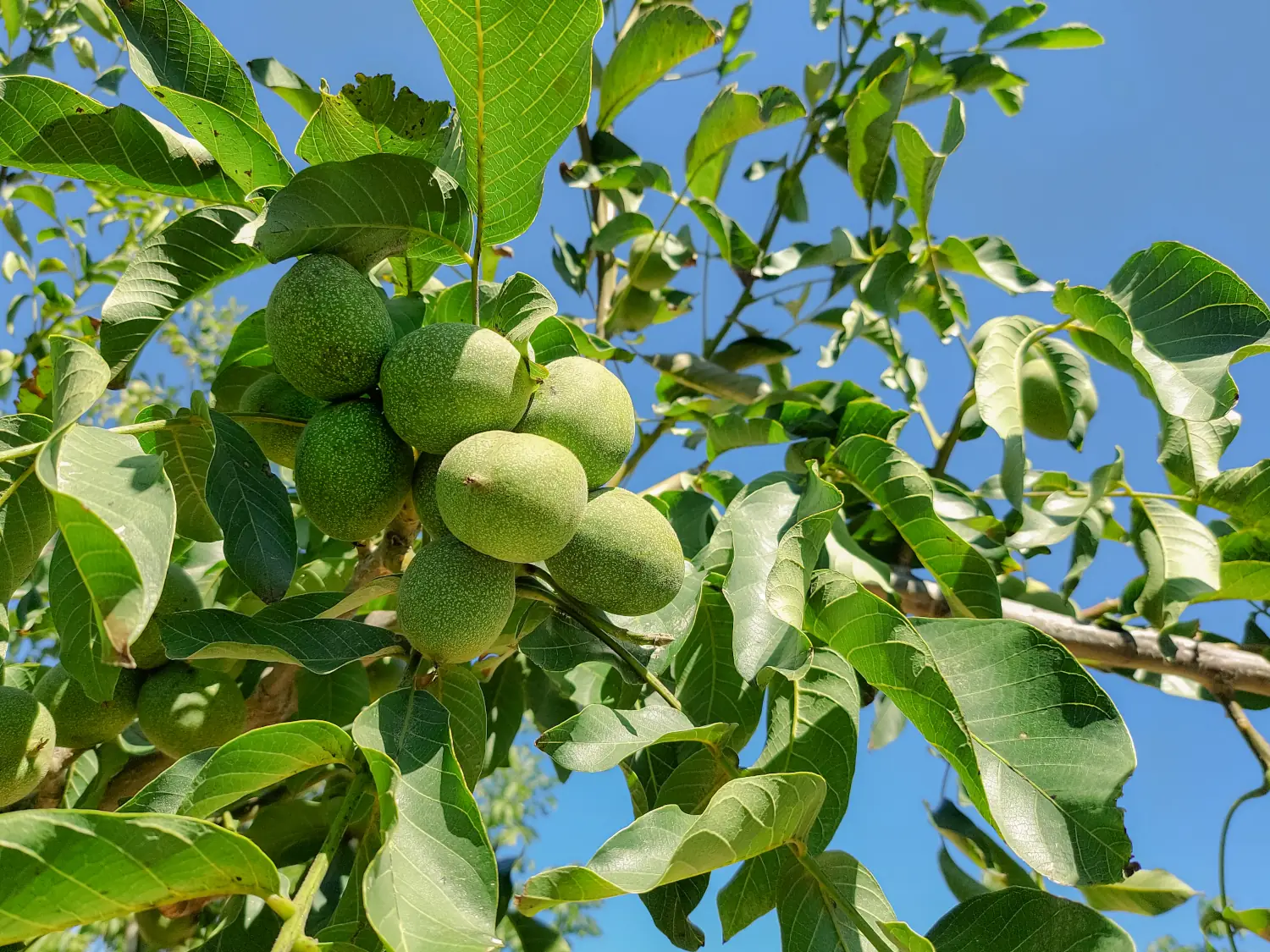Robust Agricultural Economy: As one of the top ten agricultural economies globally.
Türkiye, with its rich agricultural heritage and economic significance, presents a compelling opportunity for agricultural investment. Here’s why investing in Turkish agriculture is a strategic choice: Diverse Crop Cultivation: Türkiye is a significant producer of essential food items. Market Opportunities: Türkiye’s young and growing population creates a promising market for agricultural products. Agricultural Innovation: Türkiye combines traditional agricultural practices with modern techniques. Global Trade Hub: With its strategic location bridging Europe and Asia. Sustainable Investment: Agriculture offers a stable and sustainable investment avenue. Türkiye is a prominent player in the global agricultural landscape, demonstrating its economic strength and strategic significance. Here’s a concise overview of Türkiye’s agricultural prowess: In summary, Türkiye’s agricultural landscape stands as a testament to its economic vigor and global significance. Its impressive export figures, substantial contribution to the national economy, high-ranking status among global producers, and integration into the Customs Union collectively define Türkiye’s stature as a formidable player in the agricultural arena. Numerous opportunities await those seeking to capitalize on Türkiye’s agricultural prowess. Contact us today to delve deeper into the potential this dynamic sector holds. Export Impact: Türkiye’s agricultural sector holds remarkable sway on the nation’s economy. Economic Foundation: Türkiye’s agricultural sector shoulders a substantial share of its economy. Global Standing: In the league of global agricultural giants, Türkiye stands tall. OECD Prestige: Türkiye’s agricultural prowess extends to its recognition within the organization for Economic Co-operation and Development (OECD). Customs Union Membership: Türkiye’s strategic alignment with the Customs Union enhances its trade opportunities and economic interactions with various nations. Türkiye boasts a rich legacy of walnut cultivation, with a notable focus on the Manisa region, where the ideal ecological conditions for walnut growth are abundant. The country stands out as a rarity in the global landscape, being one of the few food-self-sufficient nations. This distinction is attributed to a convergence of factors, including Türkiye’s fertile soil, ample water supply, favorable climate, and the unwavering dedication of its diligent farmers. This amalgamation has fostered a thriving agricultural industry that sets the stage for lucrative opportunities. To explore how you can be a part of this flourishing landscape, connect with us today. Türkiye stands as a remarkable geographical nexus that bridges the continents of Asia and Europe, endowing it with an exceptional strategic position. This innate advantage, coupled with its historical legacy, has bestowed Türkiye with a pivotal role as a natural conduit between these two dynamic regions. In 2018, the food and agriculture sector commanded a remarkable 5.8% share of the country’s GDP, underscoring its indispensable role in driving economic growth. Notably, this sector played a pivotal role in providing livelihoods for nearly 20% of the labor force, reflecting its capacity to empower communities and drive prosperity at a grassroots level. Türkiye’s aspirations reach beyond its borders, aiming to secure a place among the global elite by ranking among the top 5 agricultural nations by 2023. This ambitious vision underscores the nation’s resolute commitment to harnessing agriculture’s potential as a cornerstone of its future economic growth. Türkiye’s aspirations reach beyond its borders, aiming to secure a place among the global elite by ranking among the top 5 agricultural nations by 2023. This ambitious vision underscores the nation’s resolute commitment to harnessing agriculture’s potential as a cornerstone of its future economic growth. With unwavering determination, the Turkish government is directing its efforts toward recognizing agriculture as a pivotal asset in shaping the country’s economic destiny. This resounding commitment finds expression in the National Agricultural Project—a transformative initiative designed to propel the sector to new heights and pave the way for the realization of these visionary goals. At the heart of this initiative lies a dedication to the growth and sustenance of the agricultural sector. Through strategic planning, investments, and comprehensive support systems, the Turkish government is fostering an environment that not only cultivates agricultural excellence but also elevates the sector’s status as a catalyst for economic development. Total Area: Türkiye’s expanse encompasses a grand total of 78 million hectares. Population: With a vibrant populace of 75.6 million. Agricultural Land: Over 23.8 million hectares. Pastures and Meadows: Substantial 14.6 million hectares. Forests: Across 21.5 million hectares. Number of Provinces: Türkiye comprises 81 provinces. Number of Towns and Submunicipalities: With 2,951 towns and submunicipalities. Number of Villages: With 34,334 villages. This collection of numbers offers a glimpse into Türkiye’s vast and dynamic landscape. It’s within this expanse that opportunities abound, and the potential for growth, development, and collaboration flourishes. Tell us about your thoughts and preferences, and our expert team will reach out to you. We’re committed to ensuring that your investment journey is both rewarding and insightful. Why Choose Türkiye for Agricultural Investment?

Türkiye’s Agricultural Importance: A Snapshot

Leveraging Domestic Strengths: The Advantage of Investing in Turkish Walnut Plantations

Unveiling Türkiye’s Strategic Advantage: Bridging Continents for Trade
A Dynamic Landscape of Success: Türkiye’s Flourishing Food and Agriculture Sector

A Vision for Excellence: Türkiye’s Government Support for Agricultural Advancement
A Vision for Excellence: Türkiye’s Government Support for Agricultural Advancement

Are You Ready to Shape Your Future Through Investment?

